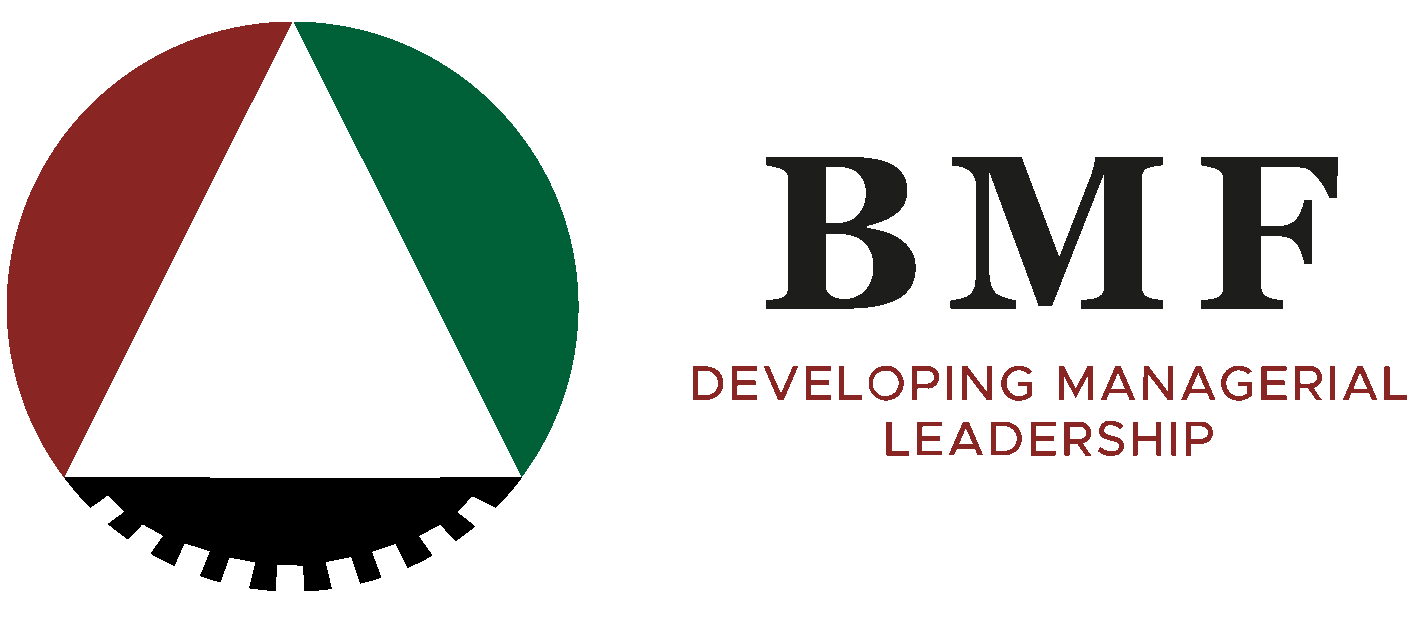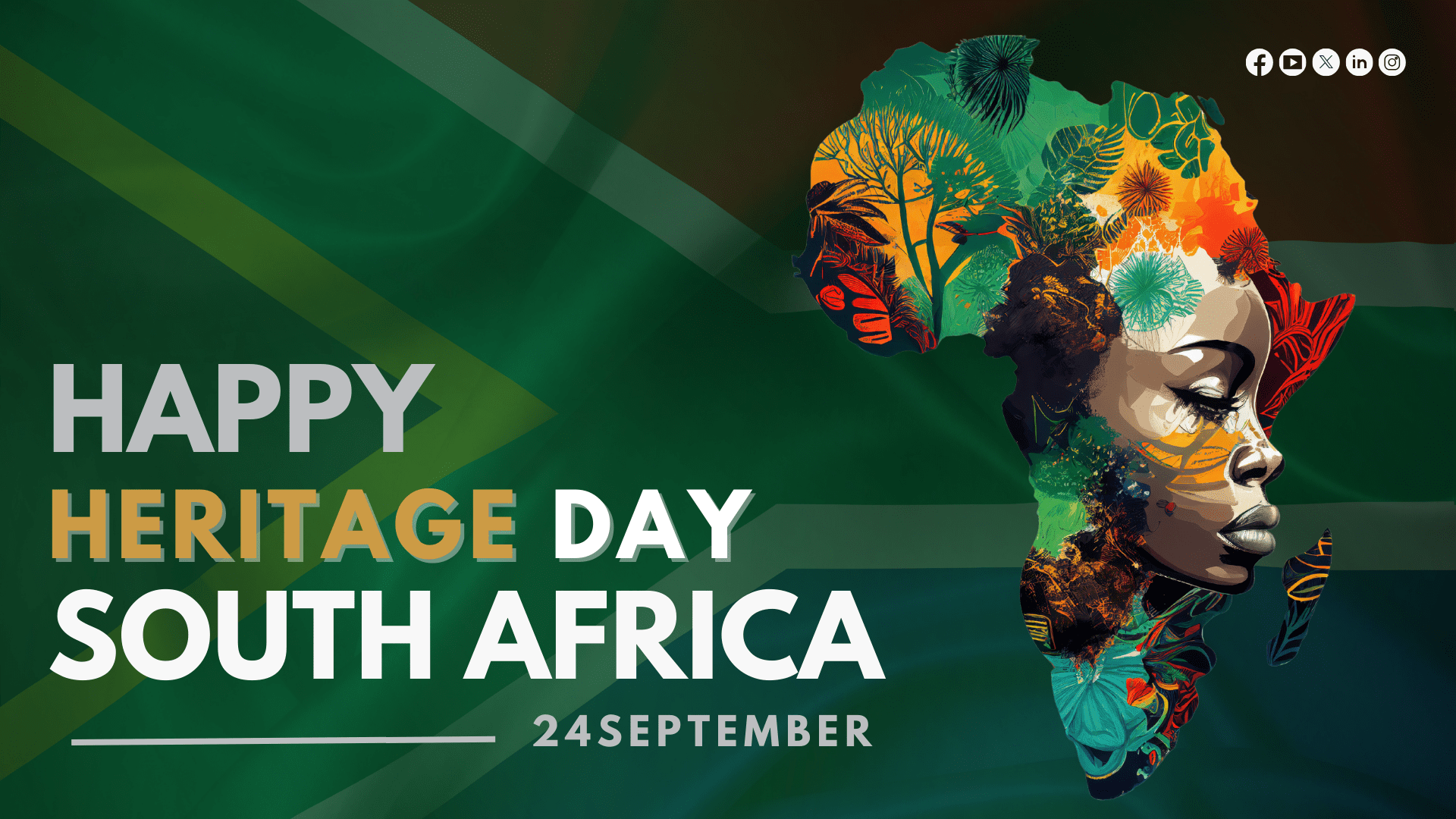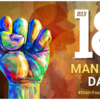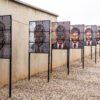Growing up in boarding school, one had the pleasure of meeting people from all cultures of South Africa. With friends from different cultural backgrounds, we would be fascinated with the meanings of one’s names and often had to ask our parents what the meaning of one’s name was. This increased one’s knowledge of another culture and broadened one’s horizons as we continued the conversations about where one came from, how many siblings you had and so forth.
This fascination and inquisitiveness indicated how similar our languages were and how not so different we were from each other. So, learning a new language or a different culture became a way in which one was able to brag during school holidays to your friends and families back at home and not so much as finding faults in the next person’s culture. This way, we were able to embrace our differences and learn from each other, as we lived in one boarding house.
The celebrations surrounding Heritage Day have always been about the different cultures and the diversity of this country, but as an adult now who studied Jan van Riebeek at primary school, with no option of African history, one had to learn bits and pieces as you got older and barely knew the history around the holiday Heritage Day. Therefore, it is befitting for me to ask: What is Heritage Day? What is the history of this day?
Heritage Day has its roots in South Africa’s multifaceted history of racial and cultural diversity. During Apartheid, South Africa was deeply divided along racial lines, and many aspects of traditional culture were suppressed or discouraged by the government. Previously known as Shaka Day, September the 24th, was a day where the Zulu King Shaka was commemorated.
He was known for uniting the Zulu clan together and forming the Zulu nation. If you had not had the pleasure of watching Shaka Zulu movies or documentaries, a production by Bomb Production was recently aired on DSTV called Shaka Ilembe, which introduced us the viewers to the Zulu, Mthethwa, Qwabe, Ndwandwe, Elangeni and Hlubi nation. So, when the proposed Public Holidays Bill before the new South African Parliament omitted Shaka Day, the IFP objected to the bill. A compromise was then reached to create a day where all South Africans could observe and celebrate their diverse cultural heritage.
One thing that the apartheid regime got right and continues to thrive is the legacy of racism which is still evident today in the country’s racialized heritage and segregation, demonstrating race-based engagement with the past. We see it in how the homelands and townships were designed to keep blacks away from cities or towns and basic services.
Each ethnic group was ‘privileged’ enough to have schools and universities of their own, keeping them away from mixing with the whites. The townships were also segregated, with Sotho’s living in a different zone to the Zulus. Blacks were ‘retribalized’, and their ethnic differences highlighted. The country remains in these ethnic categories because they retain cultural meaning in everyday life.
One ethnic group holds itself in higher moral standing than the next group, indicating superiority against another. How differences became standard of measure not to learn from each other, is something we as the black race need to interrogate. In the wake of the new dawn, with freedom of movement and freedom of choice, moving freely across towns and provinces for work or study became a way in which one was forced to either learn a new culture or language to survive socially or become stagnant in one’s life. Although schools provide an important opportunity for inter-racial and inter-cultural interaction for middle-class children, that is as far as it goes for one to learn about different cultural backgrounds.
As one of the most culturally diverse and complex country in the world, it is for this reason that it is important for South Africa to celebrate Heritage Day. A day dedicated to recognizing the cultural wealth of our nation and embracing the traditions and various cultures of the country. We should, like a young child, be inquisitive and fascinated by another culture with eagerness to learn and grow. May this Heritage Day be a day where South Africans put their differences in politics, religion, perspectives, and opinions aside, to come together to celebrate the history and heritage of this country.
For this country to succeed, we will have to realize that recognition of and appreciation for our unique individual heritage is important. As we triumph over the Springboks current wins in the Rugby World Cup, we need to embody the same spirit we identify with the players on the field as they are a much stronger team when it is representative of all South Africans. As they say, unity is strength!

About the Author
Dikoti Masemola is a coordinator for the Advocacy, Thought-Leadership & Stakeholder Relations department at the BMF.
She holds a BCom Economics and Econometrics, as well as a BSc Hons Energy Studies from the University of Johannesburg.
Post Views: 276






